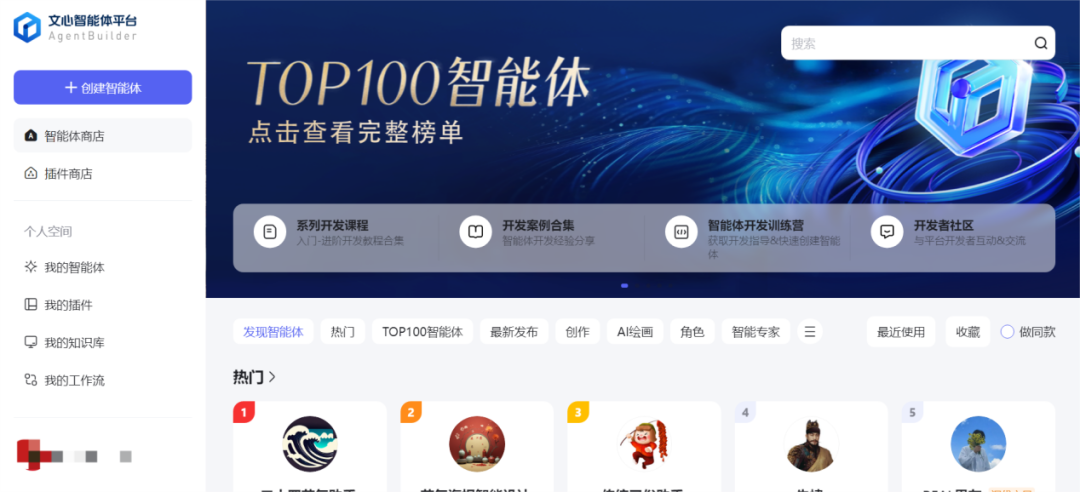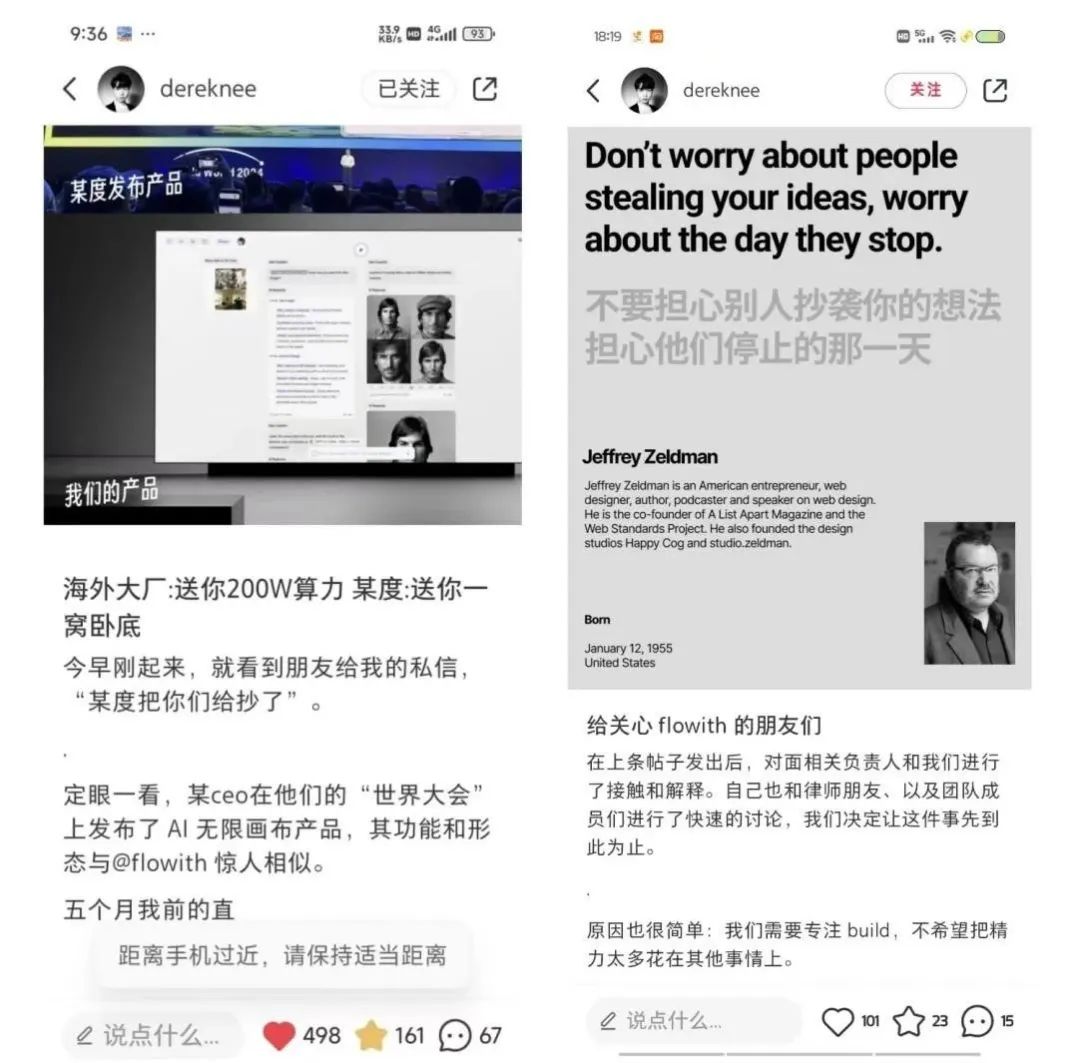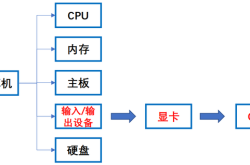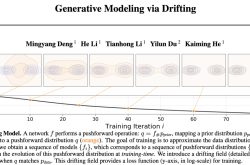Baidu All in AI, but fails to produce many new plays
![]() 11/26 2024
11/26 2024
![]() 644
644

In recent years, Baidu's situation has been evident to all.
Its search engine has been eroded by new players like Xiaohongshu, WeChat Search, and Toutiao, facing unprecedented challenges; its advertising business, the main revenue driver, has seen a decline due to competition from Douyin, Kuaishou, and others, showing signs of fatigue; and its intelligent cloud service struggles to survive in the competitive environment dominated by Alibaba, Huawei, and Tencent Cloud...
According to the latest financial report, in the third quarter of 2024, Baidu achieved revenue of 33.6 billion yuan, a year-on-year decrease of 3%, with advertising revenue continuing to shrink by 4.5%. Furthermore, Baidu's management directly provided guidance during an earnings call that there would be no turnaround in the advertising business, with a projected decline of up to a high single-digit percentage in Q4.
In fact, this is the second consecutive quarter that Baidu has experienced a revenue decline, and the decline in the third quarter was slightly larger than the 0.4% decline in the second quarter.
Caught between a rock and a hard place, Baidu has had to bet all its chips on AI. All in AI is not only a "keyword" that it emphasizes on various occasions but is also seen as the "deciding factor" in breaking out of its dilemma .
On November 12, the 2024 Baidu World Conference kicked off in Shanghai, where Robin Li delivered a passionate keynote speech titled "The Era of Applications is Here," predicting the trend of intelligent agents and announcing two major breakthroughs: Retrieval-Augmented Generative (iRAG) technology and the no-code tool "Miaoda."
However, on the whole, the conference was unremarkable. Neither the text-to-image generation technology nor the no-code tool are uncommon in the market, and their competitors are not weak. They fail to impress, so it remains questionable whether they can boost capital market expectations.
01
Intelligent agents are surging, but Baidu does not have an advantage
Robin Li stated, "Intelligent agents are the most mainstream form of AI applications and are on the verge of an explosion. In the AI-native era, intelligent agents are the new carriers of content, information, and services."
What is an intelligent agent (AI Agent)? Simply put, it makes machines more "human-like," capable of understanding, planning, thinking, and acting like humans. They can autonomously complete complex tasks, continuously learn in their environment, and achieve self-iteration, similar to Huawei's XiaoE.
Undoubtedly, intelligent agents are a hot topic and a consensus among technology and innovation enterprises. However, from a timeline perspective, related concepts were already proposed as early as 2020, and Li's views are only a limited extension of those ideas.
Currently, major companies developing intelligent agents mainly invest in underlying AI technology and present it through intelligent agent platforms. Developers can create their intelligent agents, plugins, workflows, and knowledge bases on these platforms, forming different intelligent agents such as creative assistants, expert consultants, AI avatars, life helpers, interactive games, and design assistants, to meet the diverse needs of users, similar to an App Store.
According to 7 Finance's analysis, so far, globally, there are powerful intelligent agent platforms such as GPTs Builder from OpenAI and Vertex AI Agent Builder from Google. Others are mainly concentrated in China, including ByteDance's "Coze," Tencent's Yuanqi, Alibaba's AgentScope, DingTalk's AI Assistant Market, and Zhipu Qingyan's GLMs, all of which are masterpieces representing the giants' concerted efforts.
Amidst the rush, the competition among major companies for intelligent agent platforms resembles another round of the "Hundred Models War," accelerating towards homogenization and involution, with similar functions displayed and provided by each company. Compared horizontally, the ERNIE Bot platform does not have many notable features.

▲Source: Baidu
Moreover, compared to ByteDance's "Coze," the ERNIE Bot platform has a relatively barren plugin ecosystem, lacks support for image streams, memory capabilities, and complex workflows, and has less personalized content, which inevitably affects user experience and final output.
Additionally, intelligent agents created on the ERNIE Bot platform cannot be distributed to ERNIE Bot on the web or Wenxiaoyan on mobile, further limiting the opportunities and scope for using the Bot.
If we must find a highlight, it is that the ERNIE Bot platform started its commercial closed loop earlier, allowing the first wave of pioneers to make money.
Baidu revealed that the ERNIE Bot platform already has over 100,000 intelligent agents applying commercial components. Compared to July this year, the number of intelligent agents achieving revenue conversion has increased by 395%, with the highest single-time conversion revenue for a single intelligent agent reaching 100,000 yuan.
However, the long-term outlook remains to be seen. After all, ByteDance's "Coze" platform has also initiated commercial exploration, and Baidu has traditionally been known for "getting up early but arriving late."
02
May show progress but not revolutionary products
Next, let's look at the Retrieval-Augmented Generative (iRAG) technology and the no-code tool "Miaoda." Let's take them one by one.
The Retrieval-Augmented Generative (iRAG) technology, as the name suggests, is not a new technology but an upgrade and optimization based on existing products.
It is reported that this technology integrates Baidu Search's billions of image resources with basic model capabilities, enabling the generation of various more realistic images with reduced AI flavor.
In fact, OpenAI's text-to-image generation model, Sora, which went viral earlier this year, has already set an industry benchmark, surpassing peers in both fluency and stability. Tencent's Hunyuan large text-to-image generation model also announced its full open source in May, available for free commercial use by enterprises and individual developers.
The rankings are still undecided, but a showdown is inevitable. The extent to which Baidu's iRAG can enhance effects will determine its competitive chances.
The other product, the no-code tool Miaoda, features no-code programming, multi-agent collaboration, and multi-tool invocation. Users can express the required intelligent agent workflows and other information to the large model through natural language, and it can directly generate code to build exclusive intelligent agents.
According to Robin Li, "As long as you have an idea, you can make it happen. We are entering an unprecedented era where ideas alone can make money."

▲Source: Baidu Search Official Weibo
It is not difficult to see that the core of this tool is to lower the technical threshold, enabling users without a technical background to easily participate in application development.
In other words, ordinary people like us can now have the abilities of programmers, creating applications just by talking.
However, returning to practical operations, is the outlook really so optimistic?
Regarding Miaoda's application prospects, the industry remains cautious. Zheng Lei, Chief Economist of Samoyed Cloud Technology Group , pointed out in an interview with the media that although this tool is a no-code tool, it is still targeted at professionals and is still some distance away from widespread use by the general public. For developers, Miaoda is a tool worth trying, but it obviously cannot yet achieve more complex intelligent agent functionalities.
According to 7 Finance, iFLYTEK's Spark large model and Kunlun Tech's TianGong large model both possess related technical capabilities.
In general, these two new AI technologies heavily promoted by Baidu may demonstrate progress but are far from being revolutionary new products.
Additionally, although the conference theme is "The Era of Applications is Here," both the iRAG technology and the Miaoda tool are still in the "futures" stage and have not yet been officially launched.
03
Is the "Free Canvas" caught in a "Rashomon" of plagiarism?
After watching the entire conference, it is clear that there are not many stunning works, but there are still some highlights.
Robin Li demonstrated an intelligent agent tool at the conference, jointly developed by Baidu Wenku and Baidu Netdisk, called "Free Canvas." Users can freely drag and drop rich media materials such as documents, audio, and video on an interface similar to a "canvas" to quickly generate multimodal content. Its smooth performance resembles a "versatile whiteboard," sparking heated discussions.
However, the following day after its debut, on November 13, Derek, the founder of AI startup flowith, posted on Xiaohongshu that the functions and form of Baidu's AI Free Canvas were quite similar to his company's product flowith and provided a series of images as evidence.
In the post, Derek mentioned that he had participated in an overseas AI startup competition organized by Baidu five months ago and submitted a business plan. However, during the subsequent online meeting, he felt something was amiss, as the questions asked were overly technical and detailed, and he was even directly asked, "If a large company copies you, what measures will you take?""

▲Source: Xiaohongshu
However, this post soon went "invisible" after being posted, as Derek set it to private. Since neither party has publicly responded to this matter, the inside "Rashomon" remains unknown to the outside world.
It is worth mentioning that this is not the first time Baidu has been accused of plagiarism.
Previously, Youdao Human Translation tweeted accusing Baidu Human Translation of plagiarizing its interface design, service process, and page copywriting, demanding that it take down the plagiarized pages and apologize;"
Dianping also sued Baidu Maps and Baidu Zhidao for massively plagiarizing user reviews and providing content to users on their behalf. Baidu paid 3.23 million yuan in compensation for this.
Most recently, in August this year, gaming media "Gamersky" posted an article stating that their original maps had been plagiarized by Baidu Maps and detailed elements such as specific environmental design, terrain layout, and landmark buildings that had been copied.
Putting aside the issue of plagiarism, respecting originality and intellectual property is not only a legal matter but also a basic business ethic. As a major company, Baidu should take responsibility and set a good example.
It is noteworthy that since 2024, Baidu's U.S. stock price has fallen by more than 31% cumulatively. In comparison, Alibaba and JD.com, which are also listed on Nasdaq, have recorded gains. According to Xueqiu data, Baidu's U.S. stock net assets are 99.60 dollars, making it a "broken net stock."
After the announcement of the third-quarter results, Baidu's U.S. stock price fell by nearly 6%, and its Hong Kong stock price (as of November 22) once fell by more than 10% intraday.
Clearly, whether it is the full-force promotion of AI or the intuitive performance, Baidu has failed to satisfy the capital market.








